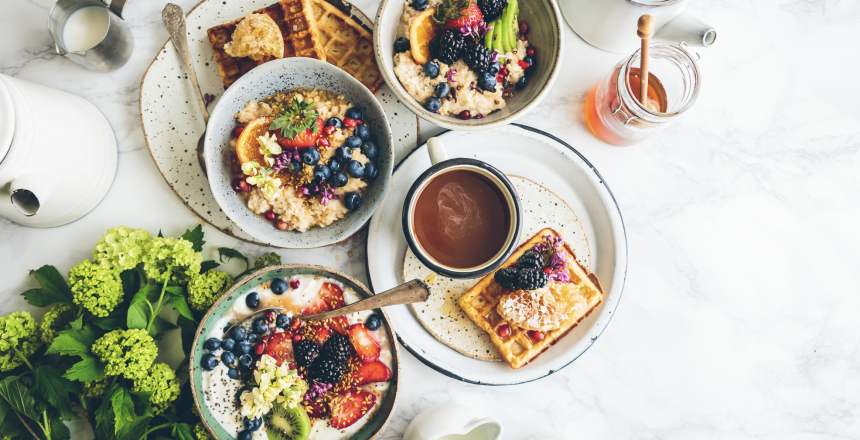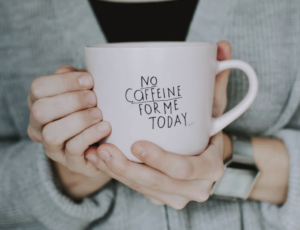Another breakfast study has emerged. This one is telling us that breakfast does matter. Other studies say we can go without eating for two, three or maybe five hours after we wake up. It doesn’t matter. There isn’t a middle ground here. Other studies say we must eat to get going and take in some energy for our busy day ahead.
Do we need breakfast? Until 2015, I was a big breakfast eater. I would brag about how much I loved a big breakfast. Pile it on. Five Pancakes with syrup. Cheerios with milk. Four slices of toast with Strawberry jam. Pop Tarts? And when not eating at home, there is nothing more inviting than meeting friends for the “resto-breakfast” where coffee is non-stop, and the plates are enormous, overflowing, and “glucoside” to the human body.
If you read the latest news, breakfast is the day’s most important meal. This myth is pervasive in society. Breakfast is considered healthier than other meals. A plethora of corporate marketers would have us all believing breakfast is for our health. All of today’s official nutrition guidelines recommend eating breakfast because skipping it can raise our risk of obesity, though there is no direct evidence, just anecdotal hearsay.
Does a daily ritual of pancakes with syrup, Cheerios with milk, four slices of toast with strawberry jam and Pop-Tarts, lead to obesity? That’s another question.
Breakfast eaters tend to be healthier
Many studies show that breakfast eaters tend to be healthier. They are less likely to be overweight/obese and have a lower risk of several chronic diseases associated with obesity. Breakfast must be good for you. These studies show that people who eat breakfast are more likely to be healthier, but “they cannot prove that the breakfast itself caused overweight or obesity.”
The same can be said that eating breakfast “kick-starts” the metabolism. This is the thermic effect of food, which is the increased energy burned after you eat. The total amount of food consumed throughout the day may matter more for metabolism. According to many studies, it makes no difference which time or how often you eat. These studies show no difference in energy burned over 24 hours between people who eat or skip breakfast.
Skipping breakfast is par for the course in many intermittent fasting protocols, such as the 16/8 method: 16 hours eating no food and an eight-hour window to eat. Intermittent fasting has been shown to have numerous health benefits, though we need more research to back up this claim.
Is the evidence clear? Do we need breakfast?
It probably does not matter whether you eat or skip breakfast as long as you eat healthy for the rest of the day. Breakfast is optional, and it all boils down to personal preference and understanding one size does not fit all, as is the case most of the time when it comes to nutrition. Do you like breakfast? If the answer is yes, go ahead and eat a healthy breakfast.
Just. Eat. Right.







